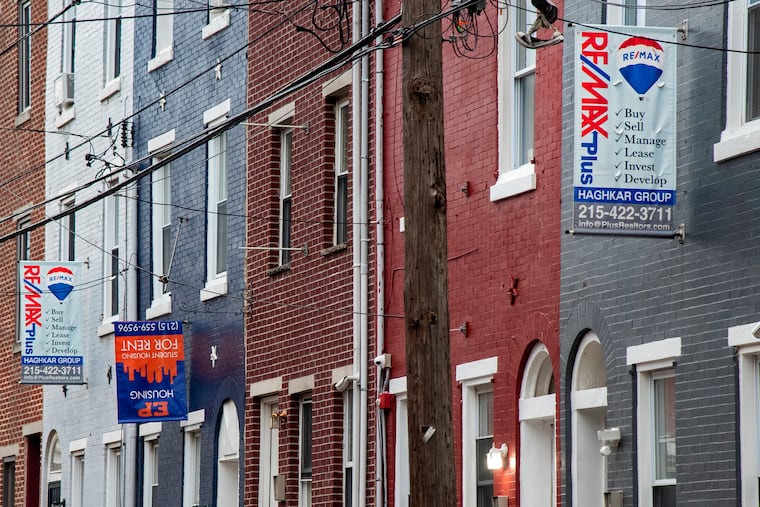As homeownership declines, Philly must address unlicensed rental properties | Editorial
Getting more people into safe and legal rental housing is essential given the demographic shifts the city has undergone in recent years — nearly half of all households are now made up of renters.

One of the main reasons it’s sometimes difficult for city officials to effectively regulate rental properties is that Philadelphia most likely doesn’t have an accurate count of exactly how many rental properties there are.
A recent report from the Pew Charitable Trusts estimates that roughly 45% of Philadelphia’s rental properties lack a rental license — although the actual count is impossible to know; researchers arrived at that figure by comparing existing data on licensed rentals in the city with their own analysis that showed a significantly higher number of rental households.
Beyond simply ensuring the city knows where all of its rental properties — and renters — are, a home with a valid license has to be self-certified as habitable, pass an independent lead inspection (if built before 1978, like the vast majority of the city’s housing stock), and is subject to city inspection in the event of a complaint.
» READ MORE: Philadelphia Inspects only 7% of its rental housing each year
Getting more people into licensed rental housing is especially important considering the demographic shifts Philadelphia has undergone in recent years. According to Pew, 48% of the city’s households are now renters, and homeownership here has been on the decline for years. It is essential that this growing population of tenants are able to avail themselves of the city’s enforcement mechanisms.
In many instances, experts in housing regulations say, landlords have chosen not to certify rental units because they have unresolved repair issues that could be flagged as violations. In other cases, properties themselves are out of compliance with zoning rules; that can mean that a property has more units than regulations allow, or that a landlord permits renters to enter “co-living” arrangements, in which a tenant rents a private room rather than a complete apartment. Affordable housing advocates and urban planners often recommend that officials retroactively approve those arrangements — the alternative would lead to the active removal of existing affordable housing — as long as the properties can otherwise pass safety inspections.
» READ MORE: City Council wants to perform repairs bill property owners for them later
Authorizing co-living arrangements — perhaps the cheapest form of unsubsidized affordable housing and a valid option for many young people and singles — is an essential first step for the city. It’s also crucial that city officials enact policies and penalties that incentivize landlords to license their properties. New York, Minneapolis, and Milwaukee all levy fines on landlords who have unregistered properties. In Arizona, Maricopa County officials go so far as allowing tenants to terminate a lease and recover rents paid to unregistered landlords if compliance with licensing laws is not established within 10 days.
The enforcement of existing guidelines by city officials is also key. Philadelphia’s Department of Licenses and Inspections, which is responsible for licensing rental properties and inspecting code violations, is understaffed. It is vital that the city hire more inspectors, potentially including outside contractors, if it is to ensure more rentals are habitable and registered.
No matter what carrots and sticks city officials decide work best for our own housing situation, it is paramount that these policies make it easier for more Philadelphians to find safe, legal housing that they can afford.